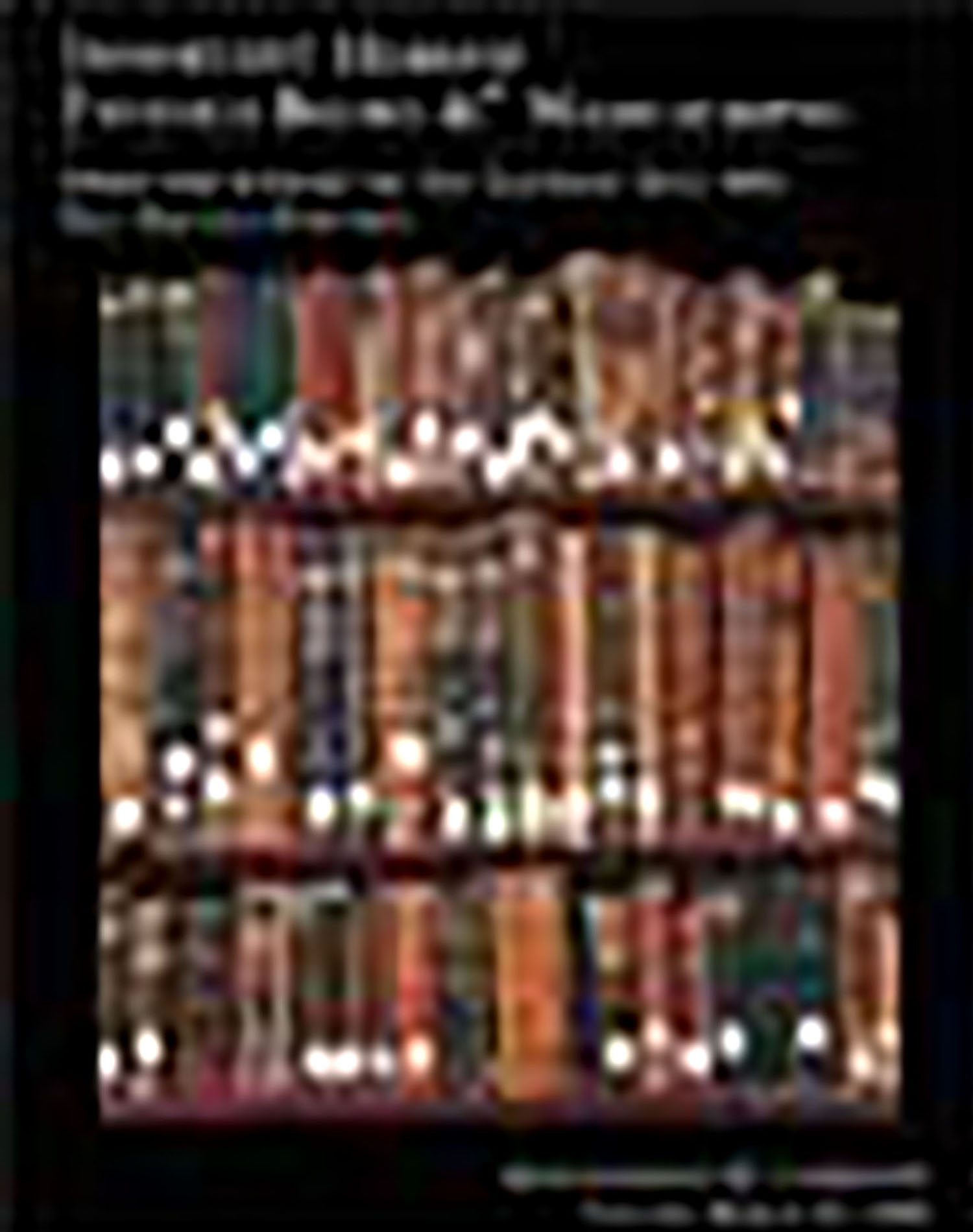[Midrashim]. Anonymous. (Attributed to Elijah The Prophet)

AUCTION 12 |
Tuesday, March 13th,
2001 at 1:00
Important Hebrew Printed Books and Manuscripts From the Library of the London Beth Din
Lot 259
TANA DEBEI ELIYAHU (RABA VEZUTA)
[Midrashim]. Anonymous. (Attributed to Elijah The Prophet)
Venice: Daniel Zanetti 1598
Est: $500 - $700
PRICE REALIZED $1,300
Popularly asscribed to the Prophet Elijah; Tana De’bei Eliyahu was probably writen by an unknown pious man by the same name who lived, according to his own testimony towards the end of the 10th Century, more than 900 years after the destruction of the Temple. The work’s aim is to inculcate ethical teachings for daily life. Unlike all other Agadic works, Tana De’bei Eliyahu does not center around any Book of the Bible. It is merely a series of moral discourses on the value of virtue. The book is divided into two parts; Eliyahu Raba and Eliyahu Zuta (“Larger Order” and “Smaller Order”). The three great themes of the work are Torah, love of Israel and righteous social life. The narrative is amply interspersed with parables and stories which impart a vividness and popular air. According to Waxaman; “[Tana De’bei Eliyahu is] an ethical work par excellence, a veritable jewel of ethical literature.” See M. Waxman, Vol. I, pp.145-7.
This copy with an important marginal notation signed by R. Abraham Zusman, the Chief Shochet of London (1801-80) stating that the cryptic acronym “Mem-Hey” stands for “Machishei-Ha’torah,” (the deniers of Torah). This unusual expression was probably devised instead of the usual expression, “mumar” (apostate), in order to escape the scrutiny of the Papal censor.
Abraham Zusman migrated to Enland from Poland. In addition to a halachic work, Beith Abraham, on the laws of ritual slaughter (Koenigsberg, 1853), he wrote an autobiography which is richly interspersed with Chassidic interpretations. His grandson was the noted liberal scholar Israel Abrahams who adopted his surname in honor of his grandfather. For a full biographical portrait see P. Abrahams, in JHSET, 21 (1962-67) pp. 243-60.
